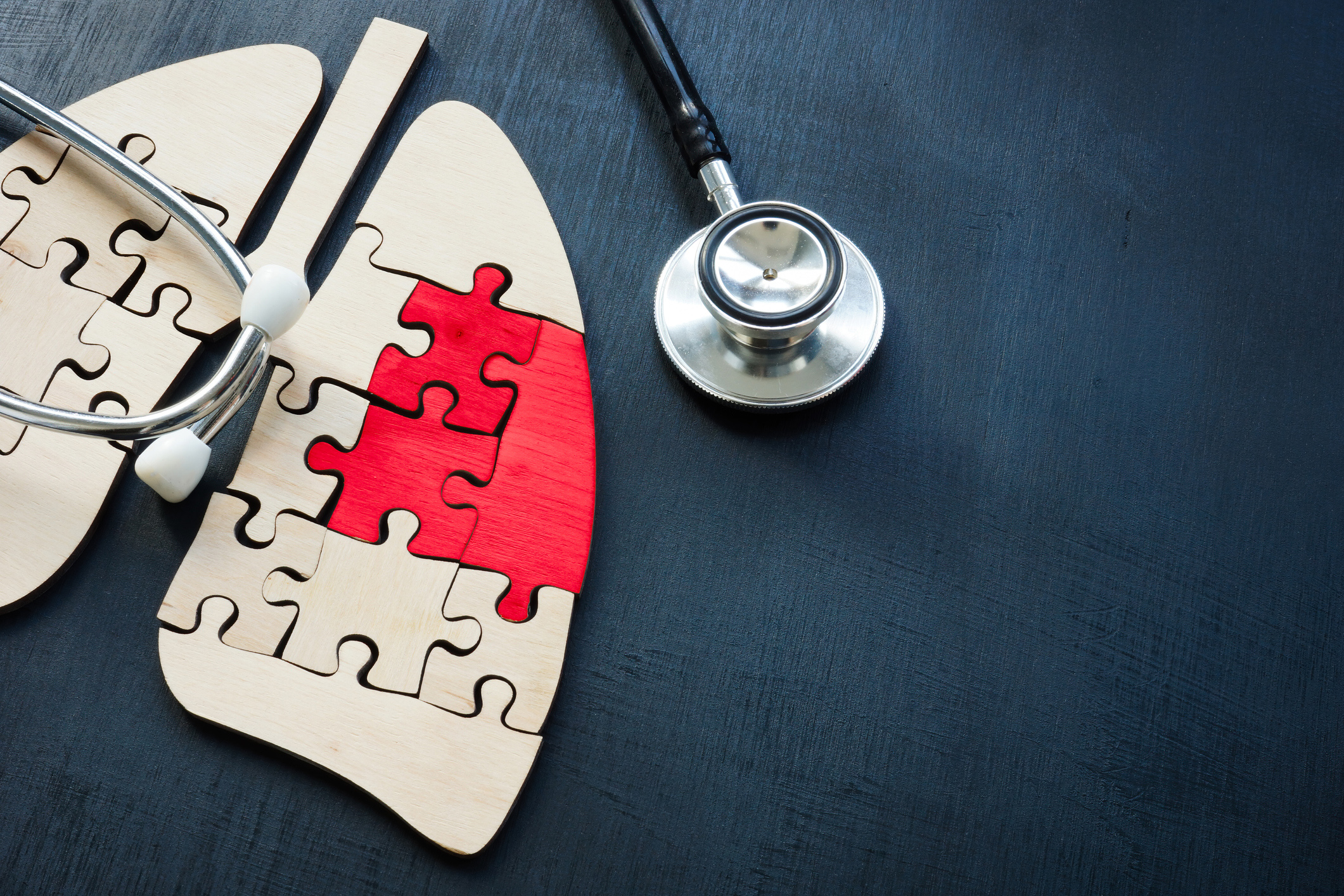November is lung cancer awareness month – in 2020 lung cancer comprised more than 2.2 million new cancer cases globally with 1.8 million lives lost. Although tobacco use is one of the leading causes of lung cancer, there are other factors including diet that can influence the risk of developing lung cancer.
According to a recent McMaster University Optimal Aging Portal blog post, about 80 percent of lung cancers could be prevented if smoking was eliminated. Research has also shown that eating red and processed meats may increase the risk of developing lung cancer but a diet rich in vegetables, fruits, fish, and soy may help lower the risk.
No clinical evidence currently supports the use of supplements such as vitamins A, C, D, E, calcium or selenium in preventing lung cancers. The use of some supplements may even increase the risk of lung cancer and lung cancer death in certain people or may lead to severe side effects. Always check with your doctor before starting any new medication, including over-the-counter drugs or supplements.
In addition to quitting smoking, there are several lifestyle habits that can reduce the risk of developing cancer. Staying physically active, maintaining a healthy body weight, limiting alcohol, and staying safe in the sun can also lower the risk of cancer and other serious health conditions. Although the dangers of tobacco use are well known and documented, nicotine addiction can be very difficult to break. Even older adults who have smoked for many years can successfully quit smoking with the help of a combination of personal support, nicotine replacement drugs, and smartphone messaging programs.
Besides reducing the substantial risk of cancer, stopping smoking offers many other health benefits, including lowering the risk of heart disease, respiratory infections and illnesses, stroke, and early death. Quitting smoking can also reduce the risk of complications among people scheduled for surgery. Because nicotine puts extra strain on the heart during anesthesia and surgery, as well as interfering with the delivery of oxygen throughout the body, stopping smoking prior to surgery can improve healing and recovery.
Need help developing a plan to stop smoking? Visit the Canadian Cancer Society Smokers Helpline website and discover the tools to help you quit successfully.






Add Your Voice
0 Comments
Join the Discussion